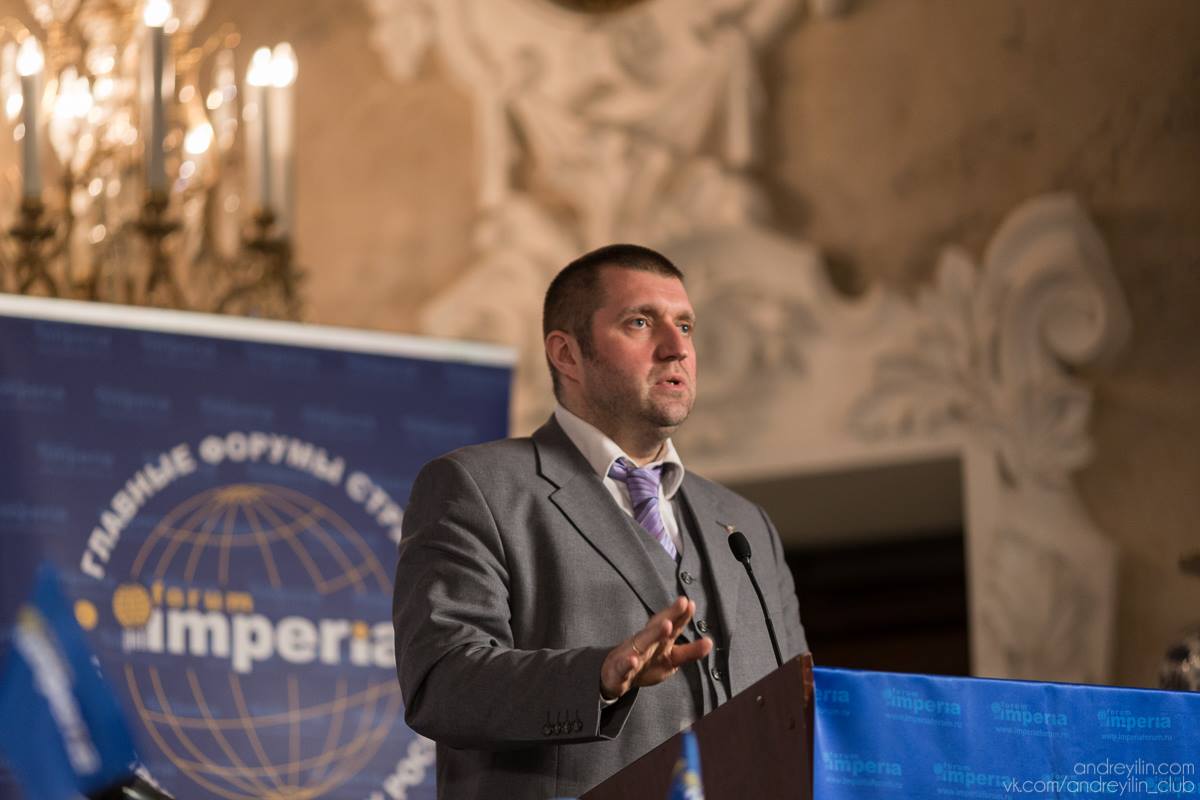
Dmitry Potapenko: "In Russia, a refrigerator will never win over a TV"
UNIAN sat down with a famous Russian businessman Dmitry Potapenko, one of the few entrepreneurs in Russia who publicly criticizes the Kremlin’s economic policy. He became an Internet star, openly talking about the Russian government’s pressure on private business, objecting to Putin and proving harm of the food embargo, arguing about the "inept foreign policy decisions" and lower living standards in Russia. Potapenko has drawn our attention to the fact that the methods of public administration are still similar in modern Russia and Ukraine.
Political life in Russia is arranged so that the objective of most public people is to substantiate from TV screens “the right steps” of the government. However, Mr Potapenko is not of this kind. However, it is becoming more and more difficult to find an alternative opinion in the "Russian world", where an expert is now not someone who expresses original ideas and options for solutions to the problems, but rather the one who supports the "Party policy". Most people are simply afraid to speak up in public, to avoid being put in the lists of “national traitors” or locked up.
UNIAN has talked with a well-known Russian businessman Dmitry Potapenko, which is one of the few who dares publicly criticize the economic policy of the Russian authorities. He speaks openly about the state pressure on private business and the dangers of the food embargo, the "inept foreign policy decisions", and lower living standards in Russia.
Potapenko’s public speeches are watched by tens of thousands of Youtube users. In the latest elections, he even tried himself in politics, becoming No.3 in the federal list of Party of Growth, which positions itself as a political force for the economically active class.
You use the phrase "incompetent foreign policy decisions" in the context of import substitution and food embargo. After two and a half years, has Russia succeeded in these endeavors?
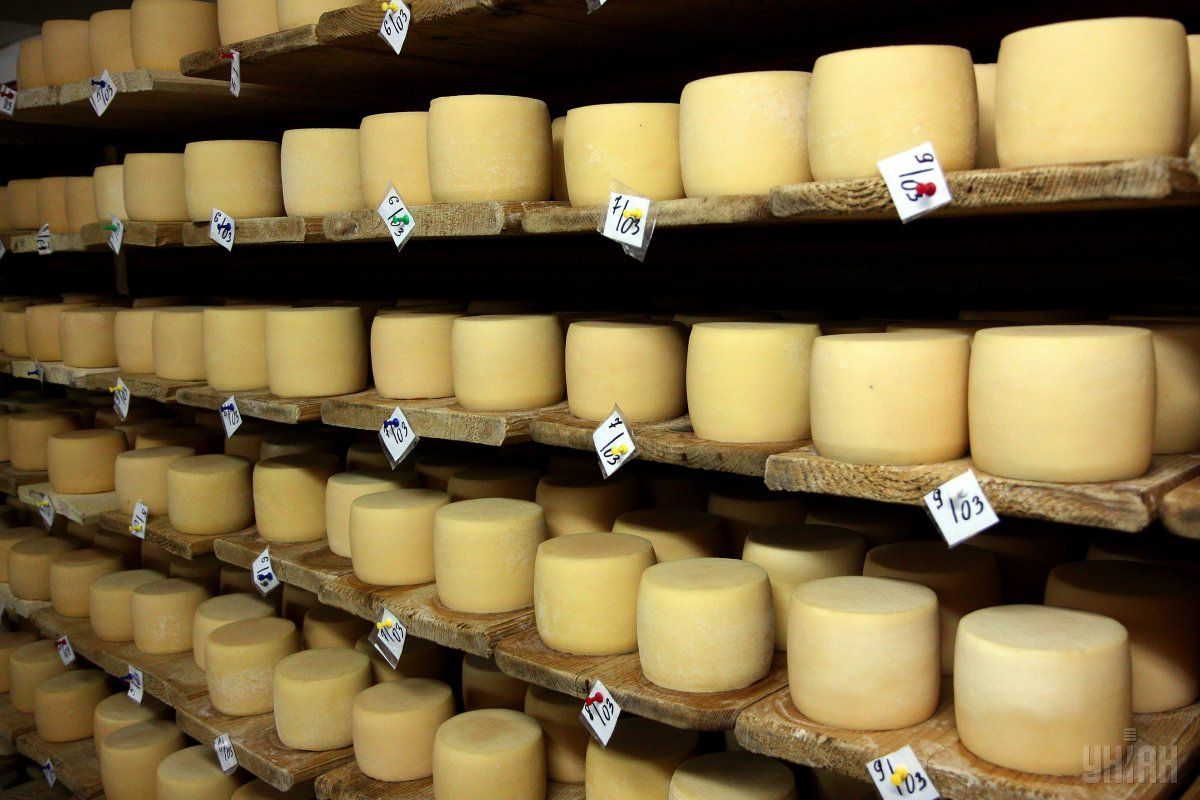
Import substitution has occurred, but not because of the decisions of the authorities and some papers signed. It was due to the devaluation of the ruble. For me, the word "success" is too abstract. If we operate the numbers, then, according to the supervisory authorities and the statistics agency, the growth of agricultural production is at 3.8% to 4%, while the fall in imports reached 36%. Some are beginning to rub their palms and say "how cool it is that our imports dropped." In practice this means that consumption decreased. Meanwhile, food imports dropped not so much because of the embargo, as there are a lot of schemes to bring "banned" foods in, but because foreign products have become unavailable. The Russians began to consume fundamentally different types of goods. Now we consume cheese putty instead of cheese. Average cheese, for example, in Poland, is some RUB 300-400 per kilogram, while the kind our farmers produce is RUB 1,000-1,200 per kilo. And I am not even talking about its quality. Of course, there are entrepreneurs who have increased production volumes, but it is necessary to assess not specific cases, but macroeconomic figures: it’s a 4% production growth vs a 36% fall in imports.
Recently, Russian authorities said that the embargo is not forever, and you must be prepared for its lifting. Will this affect greatly the Russian manufacturers?
The statements of our authorities on the potential lifting of the embargo against foreign companies remain just statements. I think it will happen when the ruble is again devalued and the lifting of the embargo is meaningless. If they devalue the Russian currency to RUB 80 to the dollar, they can cancel any restrictions on the import of so-called sanctioned products, because not only will they not flow to the Russian market – it will not make sense at all to make such deliveries. Due to high cost, the sales will be minimal. Those cheeses that are worth pennies in foreign currency, will cost in Russia as a wing of a Boeing jet.
In Russia, they like to talk about the troubles of the Ukrainians, but how has the purchasing power of the Russian population changed?
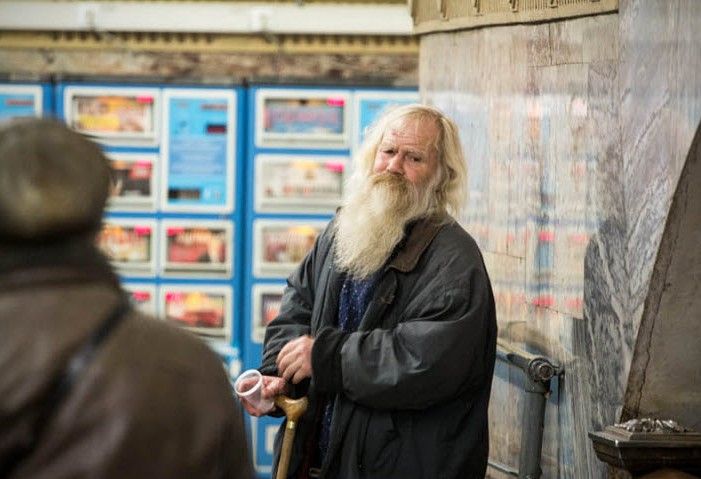
Comparing Russia, Ukraine, Belarus, and Azerbaijan is schizophrenia in an acute stage. The reason is very simple. They are different states with different economies. Comparing an average Ukrainian with the average Russian is meaningless. Regarding the purchasing power of Russians, according to statistics, it has been dropping for the past two years. This is an unprecedented thing. It wasn’t like that even in the 1990’s. We see further deterioration in the purchasing power in our stores: the Russians are buying less food, they buy calories. The logic of these purchases is to have an opportunity to buy the maximum number of calories within the limits of their income. It's hard to sell a product of premium quality, as in such circumstances, simple and cheap products see most demand.
I often visit Ukraine because I am an independent member of the boards of directors of several companies, and I can say that the trends are different. You cannot compare socks with shorts.
The Russian president recently stated several times about the need to overrun in the pace of GDP growth Russia’s global competitors. What is being done in practice?
The Russian authorities do not pay attention to the economy. By the way, in the countries of the former Soviet Union it is a very common phenomenon, when the authorities use the” tribal approach” – they come to the company owners and say: "Hey, food, hear me!" or "Hey, food, grow and multiply!" The president’s address to the deputies was wonderful but we have another report of the president, when he talked about 200,000 criminal cases, and only 15% of them are investigating real crime, while the rest are just about seizing medium-sized businesses. Talking about the forms of the government’s work with the economy, it’s all about criminal persecution. When I hear that the government invests in the economy, it is necessary to fire up a red torch and say: "Hold on! The state does not invest money in the economy, because the state has no money. It is the taxpayers' money." The taxpayers should not forget about it. A politician who has just opened his mouth to say that the state has invested something in the economy should immediately write a letter of resignation. The reality is 200,000 criminal cases against businesses. When Dmitry Medvedev said that we should not "slam" on the businesses in Russia, some 3,500 entrepreneurs were locked up. Now it’s 6,100. Let’s not forget about the night of “long ladles” across Russia when small businesses were literally demolished (demolition of kiosks across Russian cities - UNIAN). We also remember the introduction of "Plato" system (system of tolls for transporting cargo and driving on Russian roads - UNIAN) for truckers, which destroys small and medium-sized businesses in the field of transportation. So do not read Soviet newspapers before sleep.
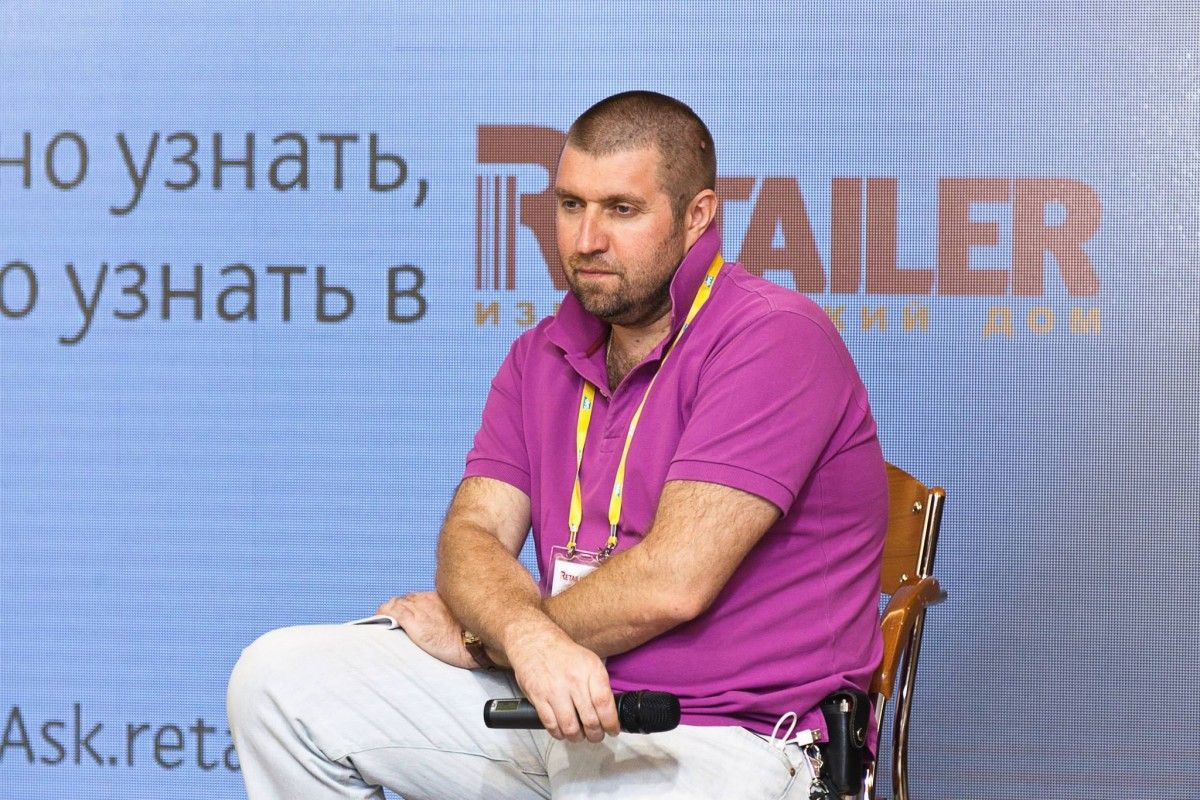
Russian officials at various levels have repeatedly stated that "the crisis bottom" has been reached, and then there will only be growth and a bright future. Is this so, in your opinion?
This is a phrase I hear every six months. Unfortunately, in the former Soviet Union, we are all sitting in the same boat. Despite the fact that we parted 25 years ago, the economies are still linked to each other. The bottom of the crisis is yet to come, and in many ways we’ll see it together.
Haven’t the economies of Ukraine and Russia gotten isolated from each other during these years of war? Haven’t they gotten rid of each other? The mutual trade turnover is close to zero.
Indeed, we have no trade, but we still affect each other and worsen each other's lives. We do not have joint trade and cooperation, but there is a common space in a foreign policy circuit. Alas, the system is more complex than just selling each other products. The world is largely looking at us as a cumulative post-Soviet space rather than at the individual states.
Small and medium-sized businesses are the easiest and most effective social elevator for creating active citizens and the middle class. Maybe Russia does not want to see this class grow strong as a potential threat to the government?
Based on the pattern of a tribal society, why create more tribes or more clans, if five main clans can absorb everything? What is right in terms of management? However, this will not stop the system from crashing. Its destruction is inevitable. The system today is over the people, and it is going the only path - "devouring each other."
Russian media place particular emphasis on the economic problems of Ukraine, in Moscow it is often possible to hear things about the terrible Ukrainian utility tariffs. But is everything free in Russia?
There is no greater happiness than a neighbor’s dead cow. The average Russian family pays 30-35% of its revenue for utility services. Here, Ukrainian and Russian politicians behave the way that it seems that they are made from the same cloth. And they often copycat the stupid things their neighbors do, while the people on both sides of the border are horrified watching those in power competing in adopting the ugliest laws...
Taxes in the Russian Federation and Ukraine are collected poorly, there are "wages in envelopes ... Is this is a feature of mentality or does the problem lie in some other things?
In Russia, tax collection is just “wonderful”. In Russia, there are more than 70 non-tariff charges. All entrepreneurial initiatives have been driven into the "grey zone", and they have done it intentionally. In the "black economy", the taxes are also present, it’s just that they are different. For someone who is bringing the black economy out of the shade, it must be seen as the economy, not as a criminal activity. So tax collection in Russia is growing, but the business is still dying, and, therefore, the remaining businesses are being milked more and more. It’s not about mentality. You can’t create a clean economy with criminal methods. To this end, we need to make a simple and open system of taxation and charges. Taxes have to be paid, but in return, the person has the right to require the services from managers who are mistakenly called statesmen.
In Ukraine, the fight against corruption has become a national idea, we even recently launched a mandatory e-declaration system. Is it so in Russia?
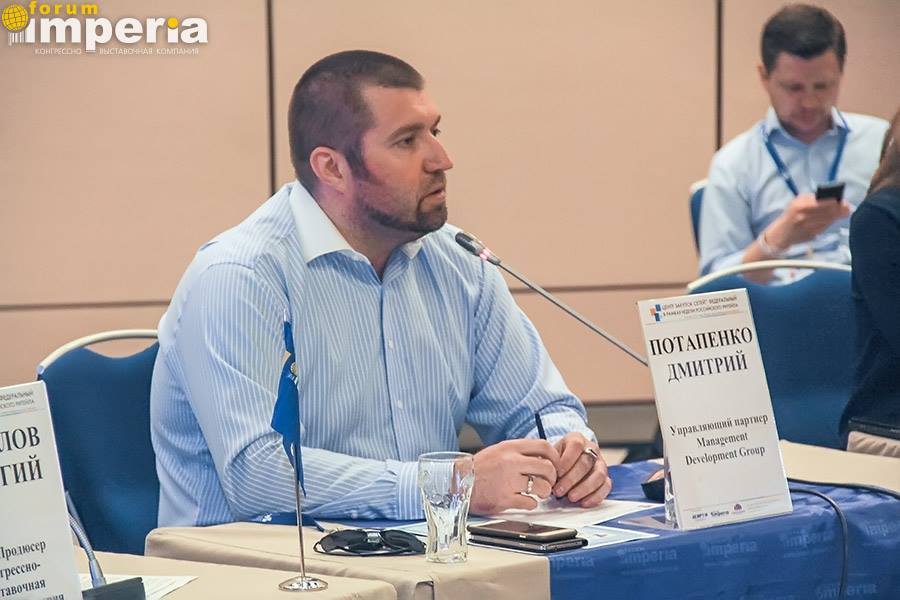
I thought that the "fight against corruption" was a Russian national idea [laughs]. We never know what ideas the officials steal from each other. The fight against corruption cannot be a fight against some particular "class": it is an economic crime and the most striking example is Estonia. They never had this curse of oil and gas, and corruption disappeared when the official was excluded from all processes, as their system of public administration was switched to software. I think this is the one and only way to eradicate corruption today. It’s not a person who steals but the system. It is extremely difficult to adjust this system properly. It is necessary that the administrator of this matrix has more intellect than everyone else.
When sanctions were introduced against Russia, there was an idea that a refrigerator will win over a TV and the authorities will have to react ...
In Russia, a refrigerator will never win over a TV. As it is in any other country. Give me three main Ukrainian TV channels and radio stations, and in a short while I will be able to legalize cannibalism.
Perhaps cannabis would be better?
Cannabis is also possible. Anything is possible when there is a monopoly in the media and no alternative opinion.
Speaking about the lack of an alternative opinion – does the economy affect this? Is there an inverse relationship between how thick a wallet is and protest moods?
Of course, not. Revolutions take place only in those countries where there are two requirements: there must be a lot of young people under 28 years of age and they must be very hungry. And one more thing - the irresponsibility of the authorities.
Roman Tsymbaliuk, Moscow

